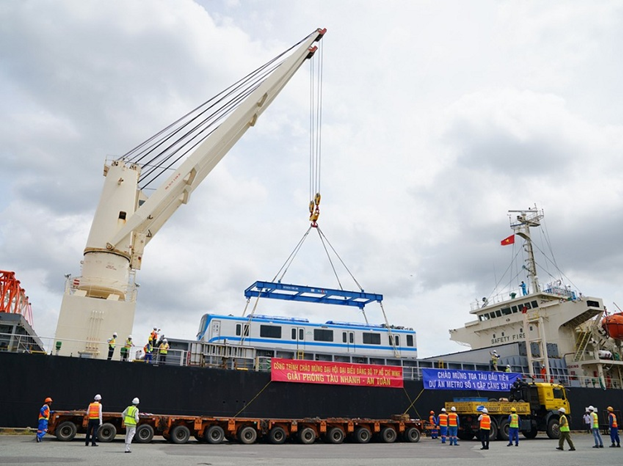 Economy
Economy

Việt Nam needs to revise tax and land policies for foreign direct investment (FDI) companies to ensure a level playing field for businesses and to ensure companies pay correct taxes, says VEPR

|
| Tax policies for FDI should be revised to prevent tax avoidance and evasion. — bizjournals.com |
HÀ NỘI — Việt Nam needs to revise tax and land policies for foreign direct investment (FDI) companies to ensure a level playing field for businesses.
That’s according to the Việt Nam Institute for Economics and Policy Research (VEPR) who say it is necessary to ensure companies pay correct taxes.
In the recent Việt Nam Annual Economic Report 2020 themed “Consolidating the base for fiscal policy”, VEPR pointed out that corporate income tax (CIT) avoidance and evasion was a global phenomenon that took place particularly in multinational companies.
Tax avoidance exploited gaps in customs and tax regulations to reduce payable taxes. Tax evasion was illegal acts so that tax liabilities were not required.
There are many channels of tax evasion and avoidance, including transfer mispricing, strategic location of intellectual properties, international debt shifting, tax treaty shopping, tax deferral, and corporate inversions.
“Industry 4.0 or the digital economy produces new business models that reduce the physical presence of businesses, while increasing the importance and mobility of intangible assets and increasing the integration of the value chain, therefore creating great challenges for the international tax system,” the report wrote.
According to VEPR, countries around the world were making great efforts to prevent tax avoidance and tax evasion with a series of tax system reforms, focusing on tightening regulations or increasing tax transparency.
In Việt Nam, tax violations in recent years occurred not only in corporate income tax (CIT) but also in other taxes.
“The act of tax fraud is becoming more and more complex, the scope is wider, the scale is bigger and the tricks are increasingly sophisticated,” VEPR stated.
VEPR estimated that on average, in the period of 2013-17, the tax revenue loss due to tax avoidance and evasion each year ranged from VNĐ13.3 trillion (US$573 million) to VNĐ20.7 trillion, equivalent to between 6.4 per cent and 9.9 per cent of the total CIT revenue.
These estimated figures were about four times larger than the number detected annually by the management agency agencies, according to VEPR.
For the FDI sector, the estimated annual tax revenue loss could reach VNĐ8-9 trillion and VĐ10.5 trillion for the non-State sector.
VEPR said Việt Nam would improve the existing policies and develop policies that were widely applied and recommended by developed countries and international organisations.
Gradually tightening the ceiling of tax deductible interest exposes companies with related party transactions and prevents tax base erosion and thin capital should be put into consideration, it said.
Excessive tax incentives should be abolished while a database for tax administration purposes should be improved together with enhancing information exchanges with other countries.
Focus should also be placed on tax administration regulations for e-commerce, digital-based business, and other services performed by suppliers in foreign countries without permanent establishments in Việt Nam.
According to Việt Nam Tax Consultants’ Association, it was necessary to improve the capacity of tax officials and auditors. The incentive policies for FDI must be revised to not only ensure a favourable business climate but also prevent tax avoidance and evasion.
Statistics of the Foreign Investment Agency showed there were more than 32,000 valid FDI projects in Việt Nam as of May 20 with a total registered capital of $376.6 billion. — VNS




